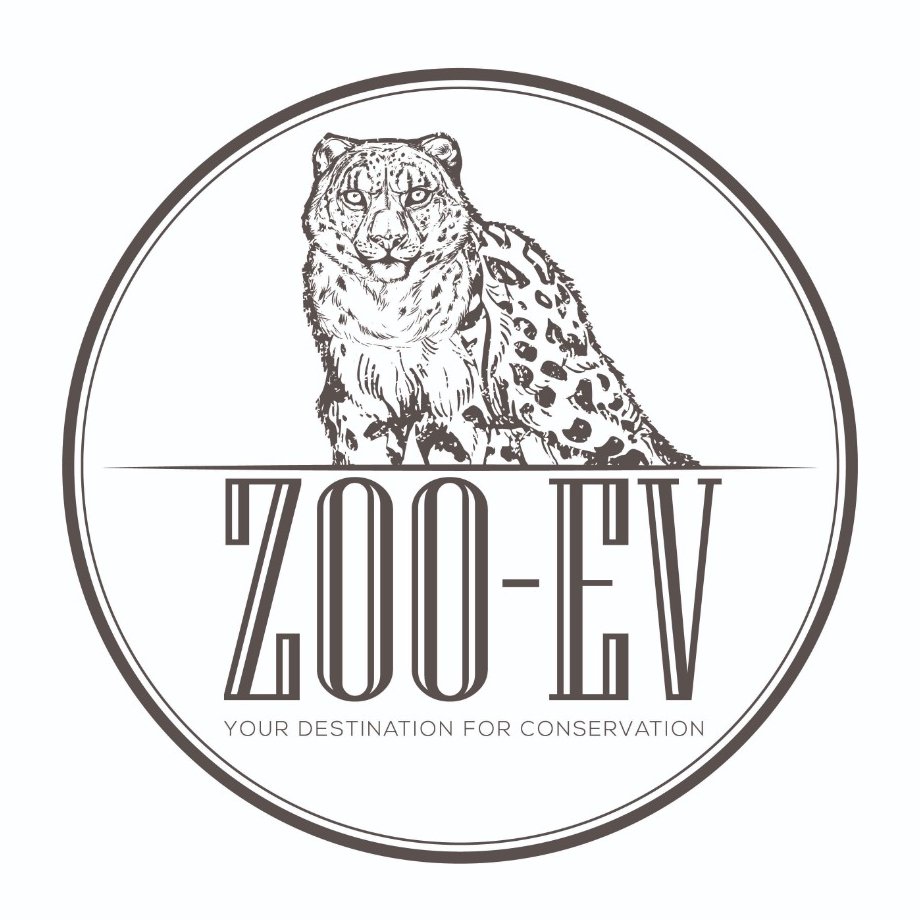Frequently Asked Questions
Our organization primarily focuses on projects aimed at protecting wildcat species. This involves funding initiatives such as human-wildcat conflict mitigation education in communities sharing territories with wildcats, general awareness programs in the US, anti-poaching efforts, and land management programs. We engage our registered users on the Zoo-EV website in our business model, allowing them to provide input and vote on projects to fund. It’s worth noting that this is not an exhaustive list, as projects are reviewed on a case-by-case basis.
Right now, the best way to donate is through the “Donate Now” link on our site. For donations of products or in-kind services, please use our contact form and detail your product/service. Thank you!
We have many opportunities for volunteers! Currently, we are accepting volunteers for Host and guest positions for our web series “Driving in Nashville”, and we are looking for IT support professionals, bookkeeping, researchers and more! Use any of the contact forms for more information. Please indicate what service you are interested in volunteering for.
Recycling and electric vehicles (EVs) may seem unrelated to wildlife conservation efforts, but they actually play a crucial role in protecting the planet and the animals that inhabit it.
Recycling reduces the need for new raw materials and the associated deforestation and habitat destruction that often accompanies resource extraction. This helps to preserve critical habitats for wildlife. Additionally, recycling can reduce the amount of waste in landfills, which can help to prevent pollution and habitat degradation.
EVs, on the other hand, help to reduce the amount of air pollution caused by traditional gasoline and diesel cars. This is important for wildlife conservation because air pollution can harm animals, both directly and indirectly. For example, acid rain can harm fish and other aquatic creatures, while air pollution can also contribute to natural climate change, which can have wide-ranging impacts on wildlife.
In summary, recycling and EVs are critical tools in the fight to protect wildlife and their habitats. By reducing the demand for new raw materials and reducing air pollution, these practices can help to preserve critical habitats and protect animals from harm. As consumers, we can play our part by making more sustainable choices and supporting conservation efforts. By doing so, we can help to ensure that future generations will be able to enjoy the beauty and diversity of the natural world.
That is the intent of our “Status” page. We want everyone to know exactly where their hard earned dollars are going and the difference it is making! Part of our requirements for funding a project is that they provide scheduled updates on the project. If they do not, any further funding opportunities will be suspended for that group.
Get in touch with us!
Use the form below to reach out, ask questions, or share your thoughts.
We look forward to hearing from you.

